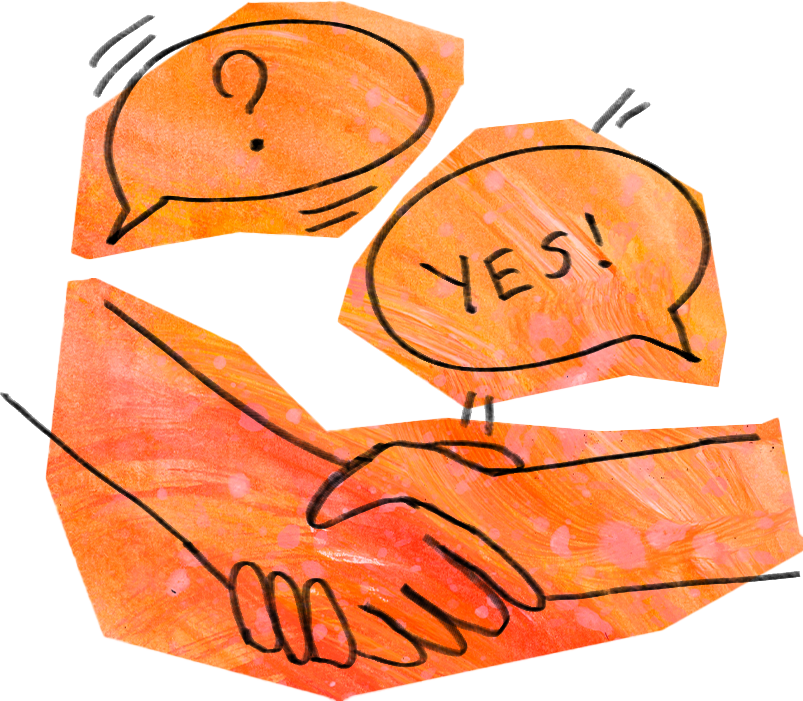Generic Skills
This text provides a summary of what generic skills are and offers some ways to develop them. It also includes links to more in-depth articles on the subject.
Joona Kupiainen
This text provides a summary of what generic skills are and offers some ways to develop them. It also includes links to more in-depth articles on the subject.
Joona Kupiainen

Generic skills are general competencies acquired through life, which are useful in various contexts, including education and working life. They can be referred to as key skills, transferable skills or core competencies. The terms emphasise their value in different fields, including more specialised ones. Generic skills are also necessary in many roles in the arts sector.
Generic skills include problem-solving skills, argumentation, critical thinking, source evaluation, self-direction, interaction skills, teamwork skills and communication skills. For example, communication skills help us express our thoughts clearly and understand others, while problem-solving skills enable us to approach challenges in a creative and effective manner. These skills can be consciously developed and studied, although they also evolve through real-life experiences. Learning them is a lifelong process. Being aware of your own strengths in generic skills is important, as is being willing to improve those that are less developed. In teamwork settings, responsibilities may sometimes be divided based on which generic skills each member possesses most strongly. 
Next, I will briefly introduce a few key areas of these skills. However, it is important to note that generic skills form an interconnected network, and in real-life situations, you will often apply several overlapping skills. On the Art Pro website, you will find expert articles on many of these skills for a deeper dive into each topic.

Argumentation is a key aspect of critical thinking. Critical thinking involves judgment, the ability to question and revise one’s own views, and the capacity to critically evaluate the information found in texts and other sources. Mastering both critical thinking and argumentation requires solid communication skills.

Problem-solving skills are best developed through interaction with others. It is also important to create links between the skills you already have and new problems you encounter. A key aspect is identifying the problem and searching for useful information to support the solution.

Self-direction means being able to plan and organise your own actions. This includes creating schedules for completing course assignments or work projects. Self-direction is a demanding skill because it requires setting goals, devising strategies to reach them, staying motivated and engaging in self-reflection – even when the task is not particularly inspiring. When setting goals, it is essential to allow sufficient time for recovery to maintain focus and stamina so that you can work towards your goals. Goals should also be realistic and suited to your own capabilities.

2digi2 (2024). Generic Skills. Finelc – The Network of Finnish University Language Centres. https://2digi2.languages.fi/generic-skills/ (accessed 7 March 2025).
